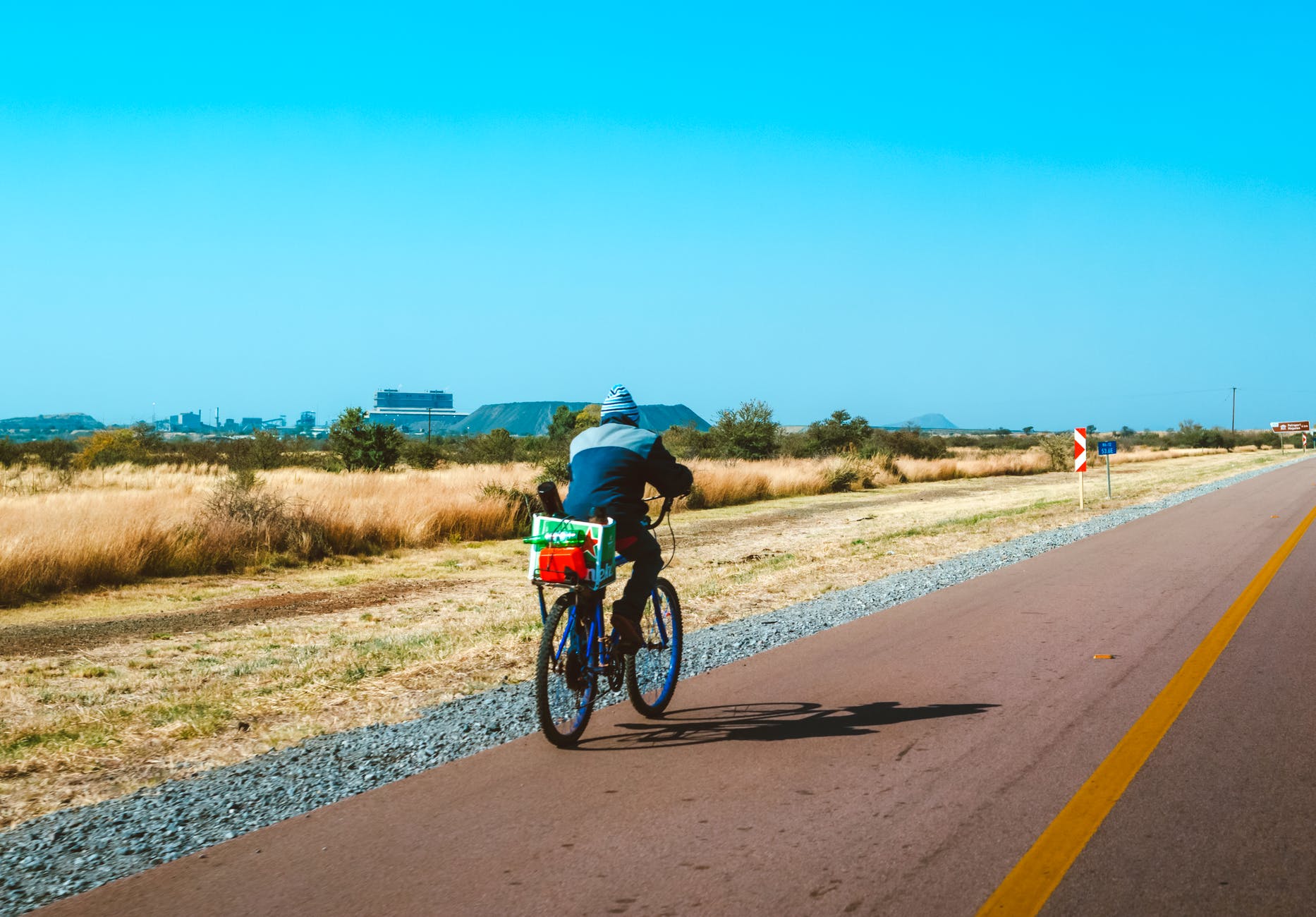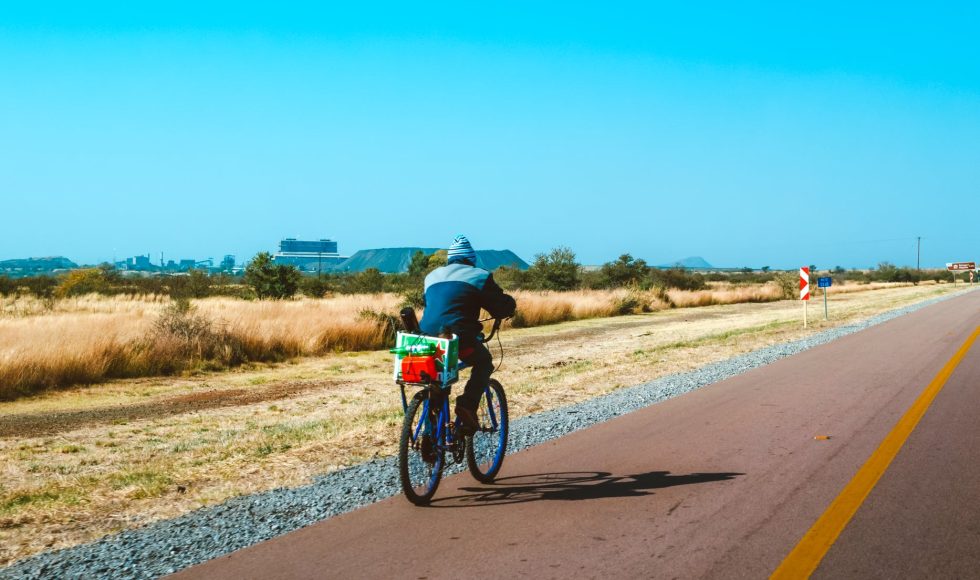Tonight I watched an OpenEd 2021 entitled ” OER Cooperation In Francophone African Countries: Key Success Factors For A Successful Strategy.” Torunn Gjelsvik from ICDE began by describing what ICDE is doing in the field of OER. Several universities and representatives from UNESCO are part of the working group for this project. In alignment with the UNESCO OER goals, the main components of the OER Francophone Africa working group and project are to build capacity and start conversations on these topics in the regions. The ICDE also has a journal. Zeynep Varoglu from UNESCO explained the UNESCO OER Recommendations of 2019. This is the only recommendation at UNESCO on education and OER. The recommendations document defines Open Educational Resources (OER) as “learning teaching and research materials in any format and medium that reside in the public domain or are under copyright that have been released under an open license, that permit no-cost access, re-use, re-purpose, adaptation and redistribution.” The recommendations include capacity building, quality multilingual and inclusive OER, sustainability, policy, and cooperation. Varoglu explained how there have been several projects that build capacity and share resources with an interest in francophone African countries. In 2020 there was a “call for joint action” to support learning and knowledge sharing through OER from UNESCO. Wayne Mackintosh, director of the OER Foundation, spoke about the OER universitas for learners to earn university credits. One resource is a series of OER micro-courses about learning in a digital age. The course had its origins through a short open Wiki course and later on WordPress. Some examples Mackintosh shared included websites for content management of course materials that can reach 10,000 learners for a monthly maintenance cost of $46! Carole Schorle-Stefan described the technical validation of the adaptation of the course to French. They have international partners, projects, and initiatives. Schorle-Stefan described the strong connections and work with UNESCO and university partners. Schorle-Stefan also stressed the importance of linguistic and cultural adaptation. Jacques Dang described the goals and projects they are involved in and the collaborations with institutions and different countries. The use of software and integration with multi-government frameworks emphasized the need for building trust with authors. Dang concluded that the relationships are critical and support for sustainability will require national strategies. This was an interesting session as I had no idea how complicated the creation and adoption of resources in other languages and countries would be. I also learned about the UNESCO OER recommendations.



